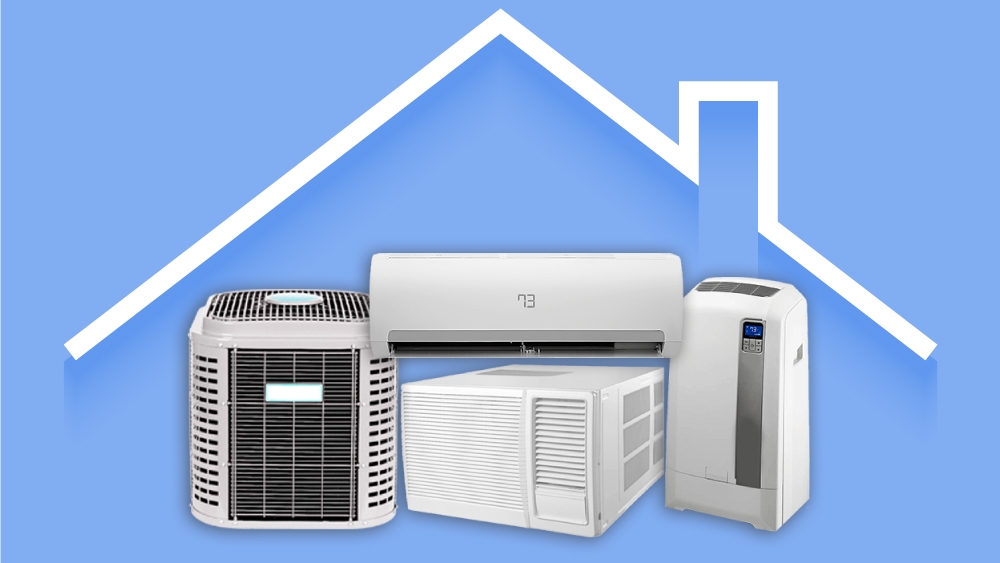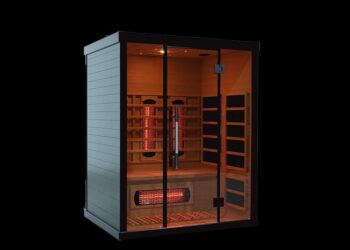Air purifiers are beneficial in medical settings like dentists and doctor offices. Any location that sick persons often visit has a high quantity of airborne pollutants.
The advancements in air filtration technology have aided the development of very portable, inconspicuous equipment that can filter the air in a waiting area, exam room, and dental office. As a result, fewer toxins, pathogens, and airborne and surface toxins may transmit disease.
People with impaired immune systems or illnesses require air filters at medical institutions and doctor’s offices. Indoor air is 2 to 5 times more toxic than outside air, according to the Environmental Protection Agency (EPA). Therefore, a medical workplace might benefit from having a cleaner, safer atmosphere thanks to high-quality air purifiers.
Air Purification in clinics or hospitals
Hospitals and clinics utilize air purifiers or air cleaners to decrease airborne pollution and eliminate germs that cause sickness. HEPA filters with UV light are used in air purifiers to eliminate airborne particles larger than 0.2 microns, guaranteeing that microorganisms larger than 0.2 microns are captured and destroyed by the air purifiers.
Using air purifiers or air cleaners with many layers of filters helps remove particles, dust mites, pet dander, allergens, unpleasant odors, dangerous chemicals, and gasses from the air to promote a safe and healthy atmosphere. Check out WhiteUmbrella.io to find your health care facility’s best air purification solutions.
Volatile Organic Compounds (VOCs) and indoor air quality at the hospitals
In addition to microbiological contamination, patients and healthcare workers are exposed to various chemical pollutants. These chemical substances are released by multiple products, including pharmaceuticals, anesthetic gasses, sterilants and disinfectants.
Researchers discovered that healthcare workers are more vulnerable to indoor airborne contaminants than other occupations. The health effects of these VOCs in the air can be detrimental. An air purification system or air ventilation is essential for everyday hygiene for healthcare personnel.
Why does indoor air quality worsen in a medical facility?
Various factors cause indoor air pollution in hospitals that are detrimental to health. The most crucial factor is that patients with infectious illnesses who visit hospitals cough and sneeze, releasing airborne particles. The healthy individual who comes to care for the sick person will also be affected by the droplets that circulate in the hospital environment. The second factor is the VOCs that medical institutions emit.
Advantages of medical air purifiers
Best air cleaners or purifiers for air purification eliminate VOCs and other germs. By enhancing indoor air quality, illnesses are less likely to spread. Using air purifiers in clinics or hospitals has several advantages.
- The best air purifier eliminates the finest particles that readily enter the lungs and cause asthma, lung infections, or allergies
- Air purifiers remove particles of asbestos from the air
- Air purifiers eliminate unpleasant odors and leave you feeling clean and fresh.
- Air purifiers can eliminate radon gasses released from the various building components.
- ·Air purifiers eliminate pollutants such as fumes and smoke from the hospital buildings
- Air purifiers lessen stress and protect the nervous system
Healthcare air purifiers and viruses
HEPA-filtered air purifiers can remove the aerosols and particles that spread the seasonal flu. Aerosol transmission refers to the spread of certain illnesses, such as influenza (H1N1) virus, by exhaling and inhaling airborne particles. You can also use HEPA filters or ionic air purifiers to filter these aerosol particles. According to NASA research, HEPA air filters can filter out particles as small as 0.01 microns.
Air purification and bacteria
Viruses and bacteria are microorganisms that have unique traits. Bacteria may multiply on their own and are bigger than viruses. In hospitals or clinics, air purifiers can readily collect and get rid of these bacteria. Several infectious illnesses are brought on by bacteria in the air, including
- Sinus issues
- Skin conditions
- Respiratory difficulties
- Bladder infections
In hospitals or clinics, there is a significant chance that bacterial illnesses may spread. Hospitals may use natural air purifiers like HEPA filters, ionization, UV light, or activated carbon filters to stop the spread of this bacterial illness.
Now that you understand the significance of air purifiers in hospitals, you must take the appropriate precautions to safeguard your workers and patients if you manage a healthcare institution. There are many air purifying products on the market. When choosing an air purifier, consider the degree of chemical concentration or anticipating the airborne pollutants that cause disease and the size of the space where you will install the air purifier.







